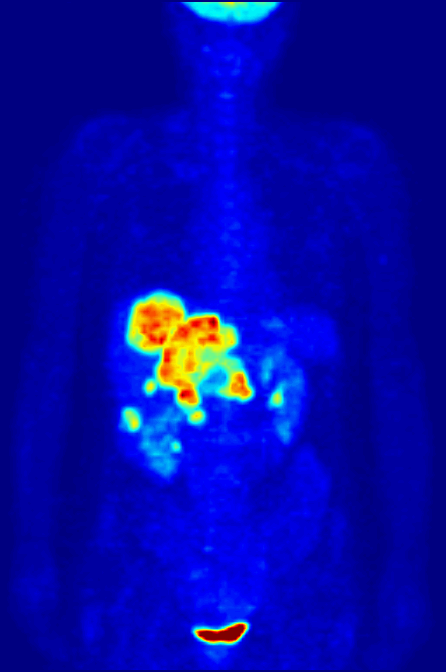Getty Images vs. Stability AI: Landmark Copyright Case in London

In a landmark case that may reshape the generative artificial intelligence (AI) landscape, Getty Images is set to face Stability AI in a British courtroom starting Monday. This trial marks the first significant copyright infringement case within the generative AI sector, drawing attention from both the technology and creative industries. The proceedings at the High Court in London are expected to span three weeks, with pivotal implications for how AI systems utilize existing copyrighted material.
**Background and Context** Getty Images, headquartered in Seattle, has accused Stability AI of 'brazen infringement' of its extensive photography collection through the development of its AI image-generating tool, known as Stable Diffusion. This tool, launched in August 2022, quickly gained traction for its ability to create photorealistic images by synthesizing existing artworks and photographs. Getty argues that Stability AI’s methods involved using a significant number of its images without consent, prompting the company to file lawsuits in both the United States and the United Kingdom in early 2023.
Craig Peters, CEO of Getty Images, stated in a 2023 interview with the Associated Press, "What Stability did was inappropriate. Creators of intellectual property should be asked for permission before their works are fed into AI systems rather than having to participate in an 'opt-out regime.'" This highlights a growing concern among creatives regarding the use of their work in AI training datasets without explicit consent.
Conversely, Stability AI has contended that the case should not be heard in the UK, arguing that the training of its AI model was conducted on servers owned by Amazon and technically took place outside British jurisdiction. The company maintains that their practices fall within the ambit of 'fair use' or 'fair dealing' laws, which allow the use of copyrighted material under certain conditions.
**Legal Implications and Industry Responses** The outcome of this trial could set a significant precedent for future copyright cases involving AI technology. Legal experts have noted that similar cases in the United States have not yet reached trial, leaving the legal landscape somewhat uncertain. According to Dr. Sarah Johnson, a legal scholar at Yale Law School, "This case could redefine the boundaries of fair use in the context of AI-generated content. It is crucial for the industry to understand how much leeway companies have when training their models on existing works."
The case also raises broader questions regarding the ethical use of copyrighted material in AI training. As AI continues to advance and integrate into various sectors, the need for clearer guidelines and regulations becomes increasingly urgent. The case may prompt legislators and industry leaders to engage in a dialogue about the balance between innovation and respect for intellectual property rights.
**International Perspectives and Future Outlook** International organizations, including the World Intellectual Property Organization (WIPO), have been monitoring developments in AI and copyright law closely. The results of the Getty Images vs. Stability AI trial may influence global standards and practices regarding the use of copyrighted content in AI systems.
As the trial unfolds, industry stakeholders will be watching closely. The implications of this case extend beyond the immediate parties involved; it could pave the way for future regulations that govern the interplay between AI technology and creative rights. The resolution of this case may either reinforce the current practices of AI companies or lead to a re-evaluation of how content is sourced and utilized in the digital age.
In conclusion, as Getty Images and Stability AI prepare for what is anticipated to be a pivotal legal battle, the outcomes will likely reverberate throughout the tech and creative industries, fundamentally shaping the future of AI in relation to copyright law.
Advertisement
Tags
Advertisement





